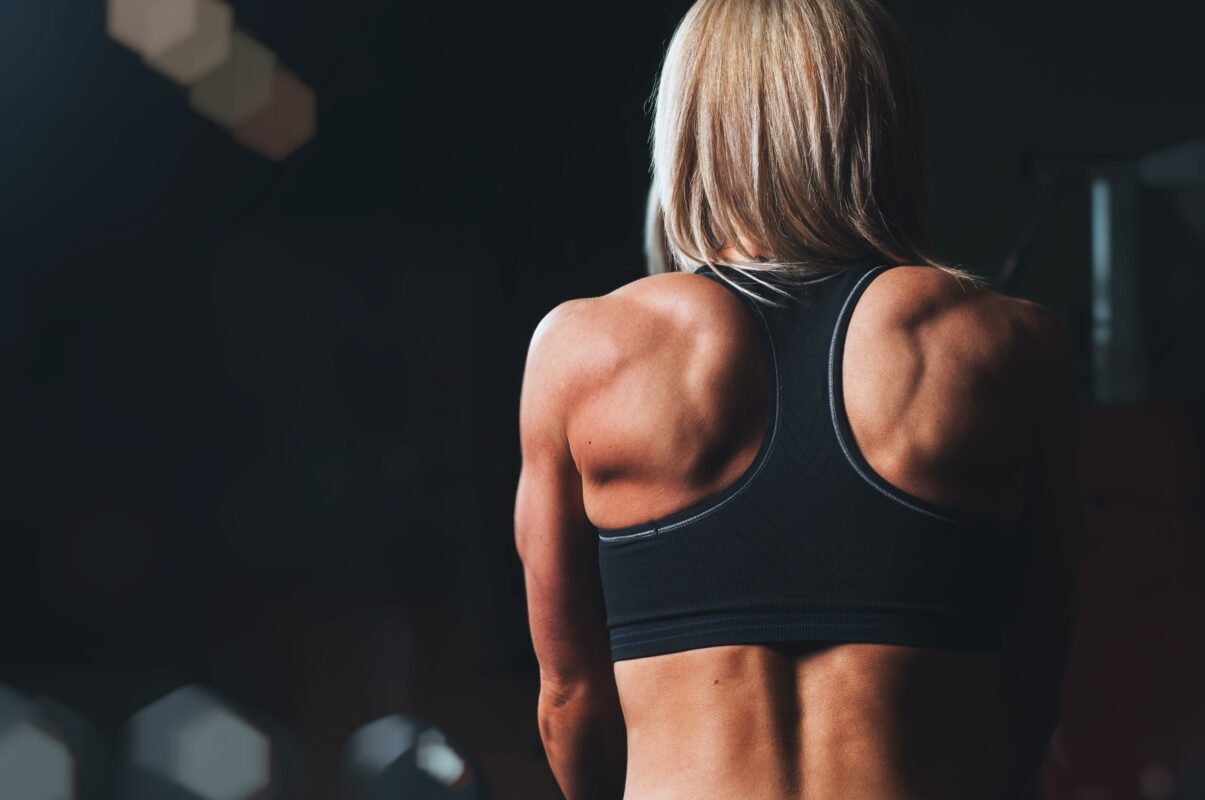When it comes to building and strengthening muscles, protein is essential. A high-protein diet is often the starting point for discussions on nutrition for muscle development.
Protein is a vital component of cells, aiding in the formation of hormones, neurotransmitters, and enzymes. It supports muscle tissue development and plays a crucial role in immune system function, blood sugar control, and overall health.
Instead of relying solely on protein powders and supplements, the best quality proteins come from real foods. Here are some excellent sources of lean protein:
- Chicken
- Turkey
- Lean cuts of red meat
- Salmon
- Tuna
- Egg whites
- Plain Greek yogurt
- Cottage cheese
- Lentils
- Chickpeas
- Tofu
- Tempeh
- Edamame
The amount of protein you should consume daily varies based on factors such as age, sex, activity level, and health goals. While the recommended dietary allowance for protein is 0.8 grams per kilogram of body weight per day for healthy adults, many individuals benefit from a slightly higher intake.
For athletes and active individuals, the protein requirement typically ranges from 1.2 to 2 grams per kilogram of body weight per day, depending on the sport and endurance. Pregnant and lactating individuals also require higher protein intake. Older adults can benefit from consuming 1 to 1.2 grams of protein per kilogram of body weight per day to offset muscle loss.
Those following a vegetarian or vegan diet may need to plan their meals more carefully to ensure sufficient high-quality protein intake. Protein-fortified nondairy milk, soy products, nuts, legumes, peas, lentils, seeds (such as quinoa and chia seeds), and combining different plant protein sources can provide the necessary amino acids.
While protein is crucial, other nutrients also support muscle growth:
- Calcium: Found in low- or nonfat milk, plain Greek yogurt, and cottage cheese, calcium aids in muscle contraction and overall muscle function, as well as strengthening bones.
- Vitamin D: Supports muscle repair and recovery, aids in calcium absorption, and is found in foods like mushrooms exposed to UV light, egg yolks, sardines, salmon (with bones), and fortified dairy products.
- Zinc: Important for immune system function, protein synthesis, and muscle repair, sources include red meat, shellfish, eggs, dairy products, chickpeas, beans, nuts, seeds, and whole grains.
- HMB (Beta-hydroxy beta-methylbutyrate): A metabolite created from the breakdown of leucine, a necessary amino acid for protein synthesis. Sources of leucine include salmon, milk, Greek yogurt, beef, chicken, eggs, chickpeas, and soybeans.
- Creatine: Supports skeletal muscle repair and can aid in muscle contractions during exercise. Found in milk, seafood, and red meat.
It’s important to take a holistic approach to nutrition for muscle building. A balanced diet, such as the Mediterranean diet, is ideal. This includes:
- Lean proteins (low-fat dairy, poultry, eggs, fish)
- Whole grains (brown rice, quinoa, oats)
- Healthy fats (avocados, almonds, walnuts, olive oil)
- Colorful fruits and vegetables (spinach and other dark leafy greens, as well as brightly colored fruits)
Consistency is key when it comes to maintaining a healthy diet and lifestyle. Focus on nutrient-dense foods, exercise regularly, and prioritize recovery periods for optimal muscle development. Simply increasing protein intake alone won’t yield results – it’s the combination of a balanced diet and exercise that leads to muscle growth.

